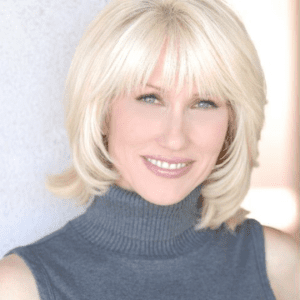 The Power of Community means learning more.
The Power of Community means learning more.
When you become a parent, everyone has an idea on the best way to raise your child. From conversations to books to podcasts to classes, opinions are everywhere. One of these parenting classes led alumna Jill Getto Lee, M.A., to Pacific Oaks College.
“When I got pregnant with my twin boys, everyone said, ‘You have to take a RIE class.’ So I did, and once I started learning, I didn’t want to stop,” she says. “I wanted to learn how to be the best mother to my sons, William and Jackson, that I could be, and that piqued my interest in child development, leading to my degree in human development.”
RIE stands for Resources for Infant Educarers and is often categorized as respectful parenting. The modality focuses on parenting from infancy with respect and empathy, believing that the child should be an active participant in everyday life from day one. One of the founders, Magda Gerber, was an infant development expert who applied Emmi Pickler’s core values of respect, trust, and acceptance to infants. Gerber also taught at Pacific Oaks for 20 years, which is what attracted Lee initially.
“When I started my RIE training, I learned more about the foundation and founders—like Gerber. She had taught at Pacific Oaks,” Lee says. “I wanted to further my education, and knowing that RIE was valued at Pacific Oaks encouraged me to pursue my master’s—even though it seemed impossible at first.”
With two infants at home, the idea of going back to school seemed crazy, but with different modalities and course offerings, she was able to begin weekend classes. Graduating a few years later, with a 4.0 grade point average, she knows that her life outside the classroom was just as impactful as learning on campus.
“RIE is based on respect, and I knew that I respected my sons, but what did that really look like? What does that mean for parenting?” Lee explored this topic in classes and in her own life, eventually starting her own consulting business specializing in twin and triplet development, seeking to “Changing the norm, one infant at a time.” She also teaches RIE classes.
“My education was basically a long domino effect. It started with one parenting class and continued to Pacific Oaks. I never realized what I would learn and how much I would love it. It completely changed my view of the world,” Lee says.
Part of that world view includes the importance of education from birth. She explains that the greatest amount of brain plasticity is from birth to age 2, so by empowering children at birth, you affect their hardwiring throughout life so that they can be their best possible selves.
Teaching development classes on her own now, Lee brings this empowerment to her lessons on infant care. “Society doesn’t treat infants as if they are competent—but they are, and it’s important we recognize that. They are physically developing miraculously without having to be told to do so,” Lee explains. “Once we start understanding that they have their own plan of development, we can allow children to unfold and develop into what they were meant to be, rather than putting our version on them.”
Jill Getto Lee
Alumna
Pacific Oaks College

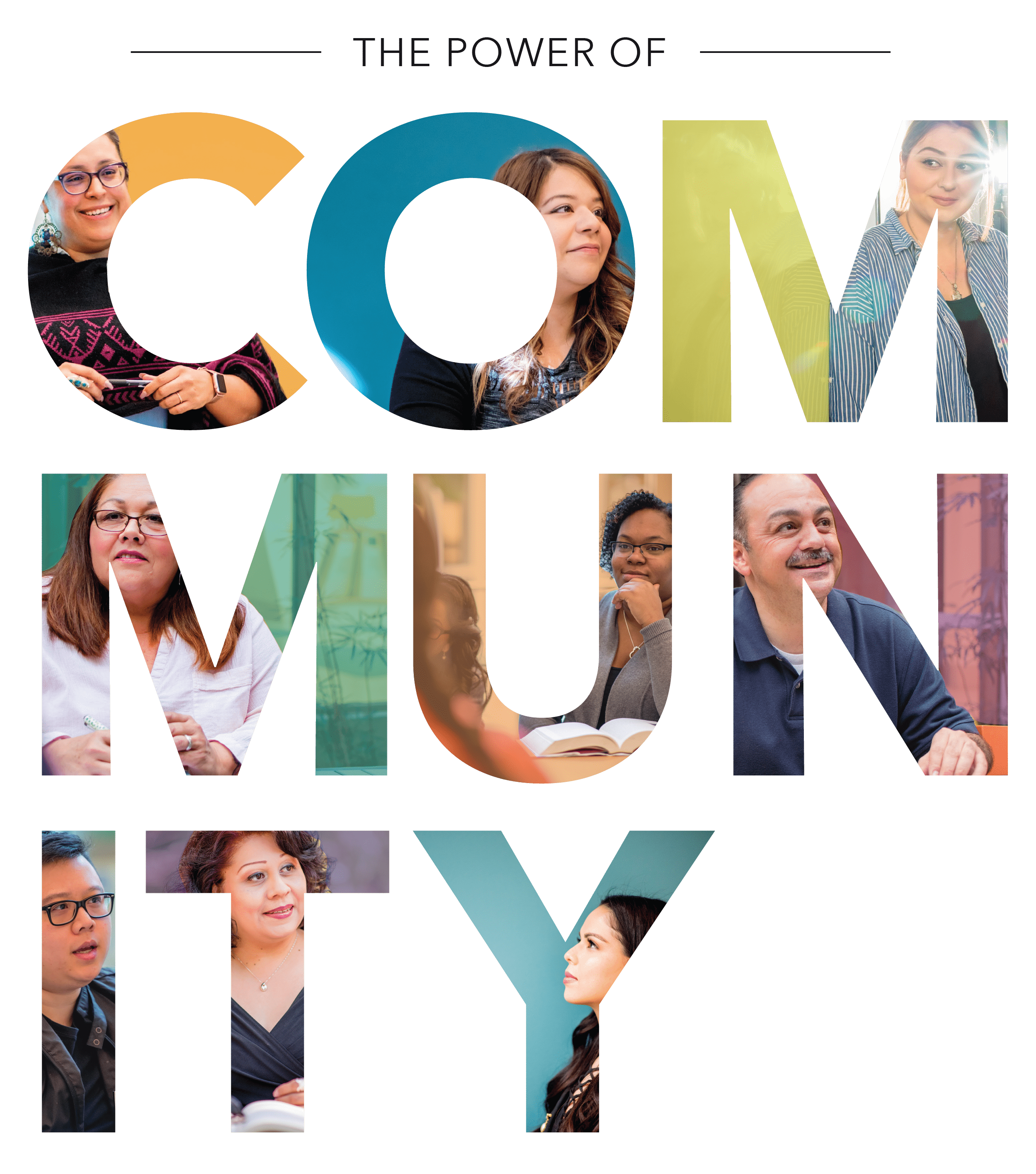

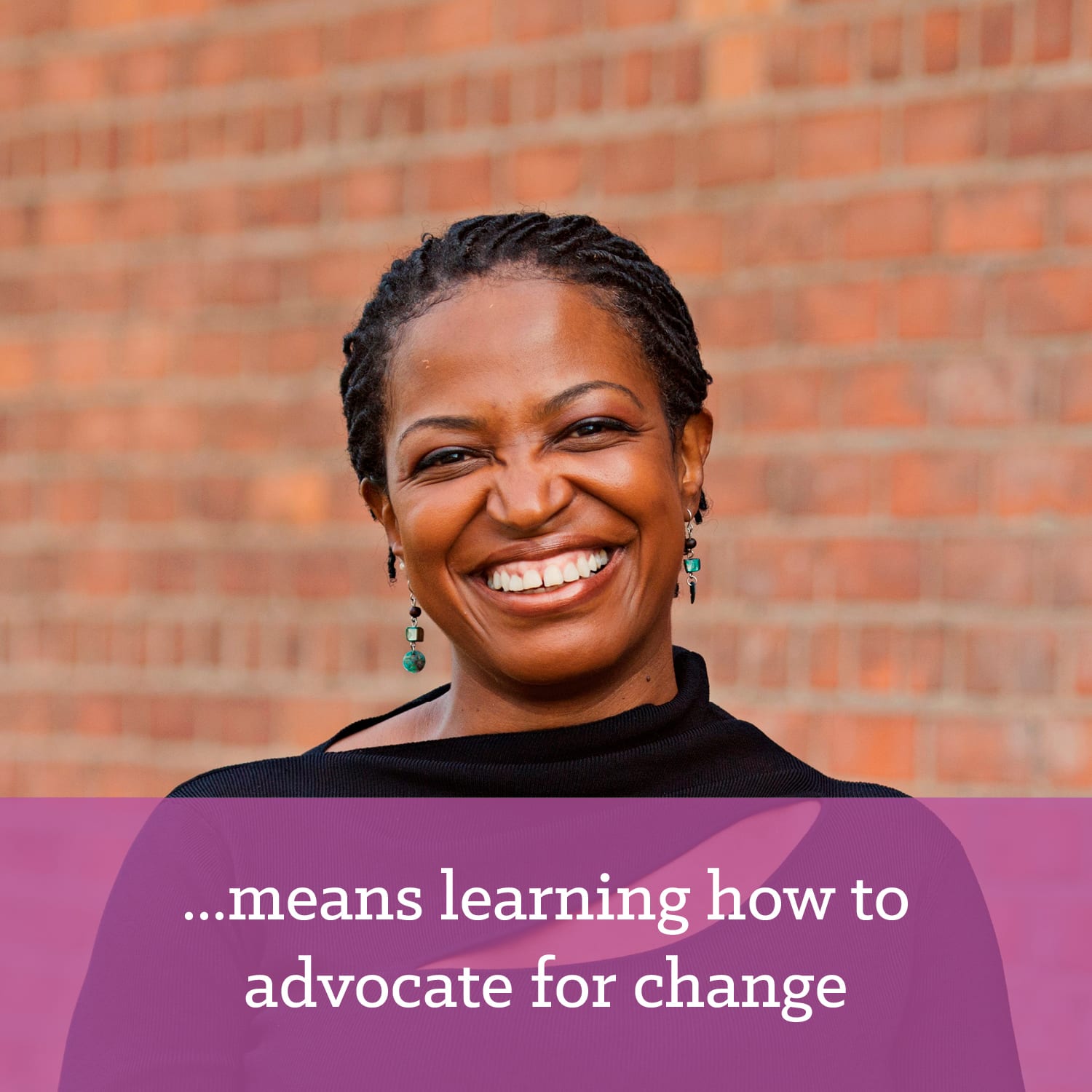
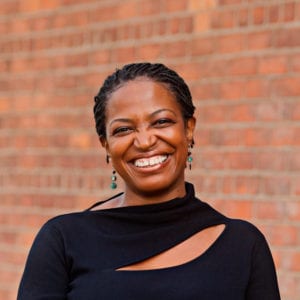
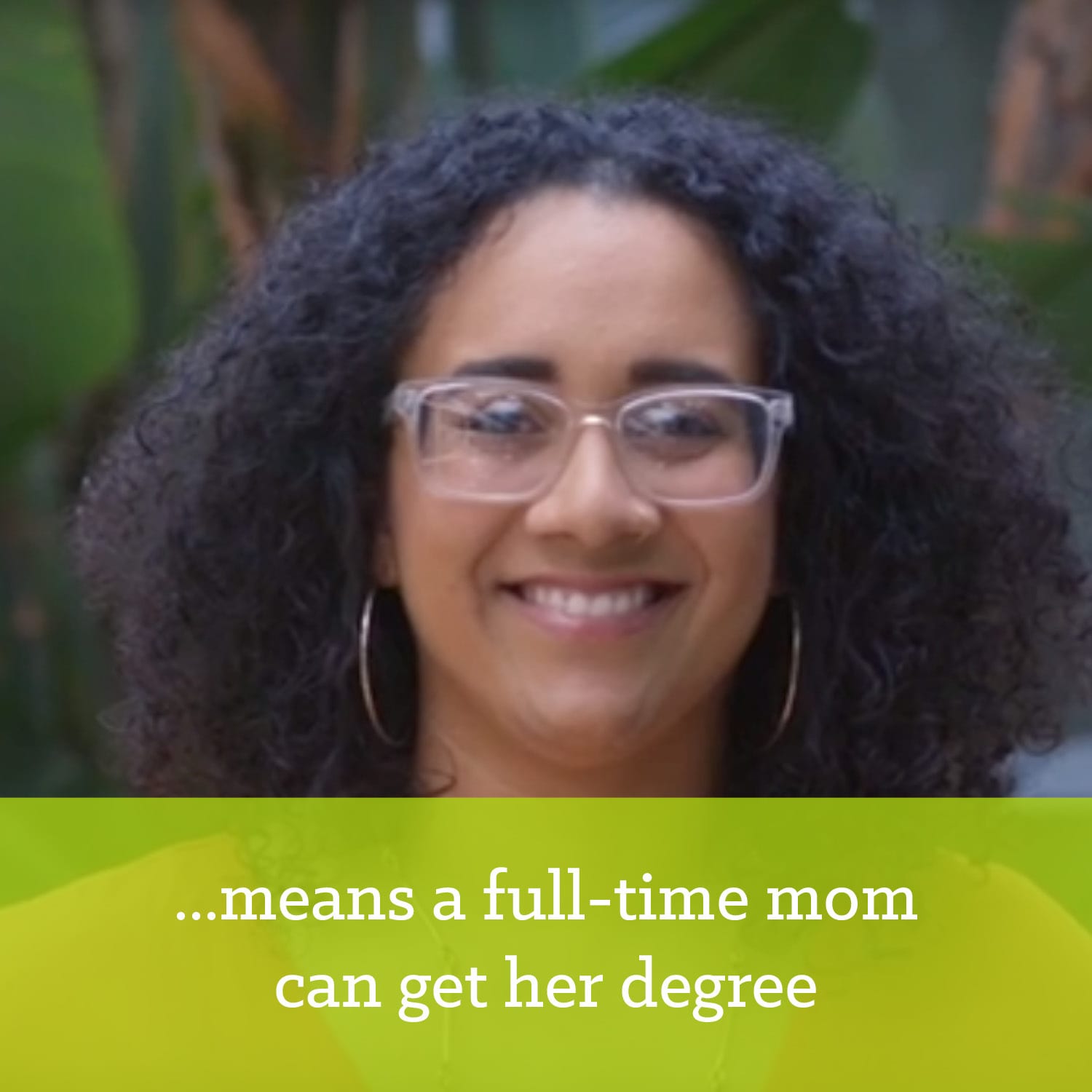
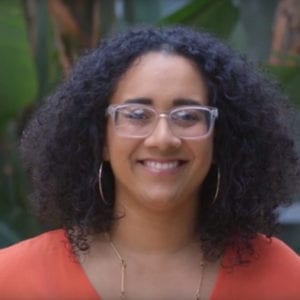
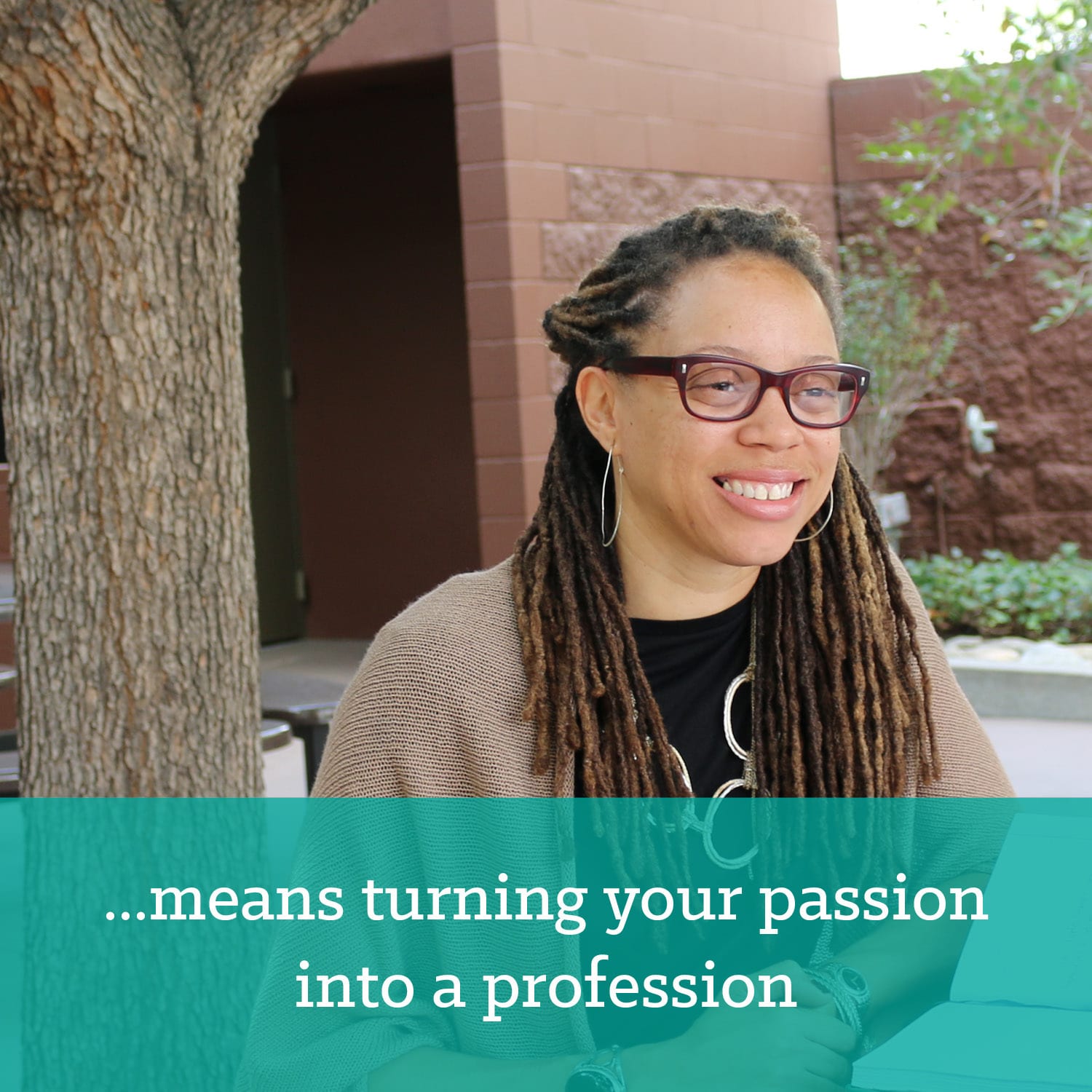
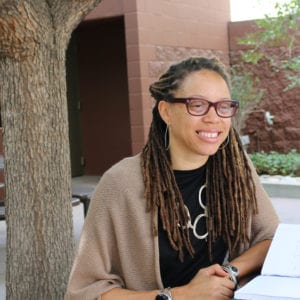
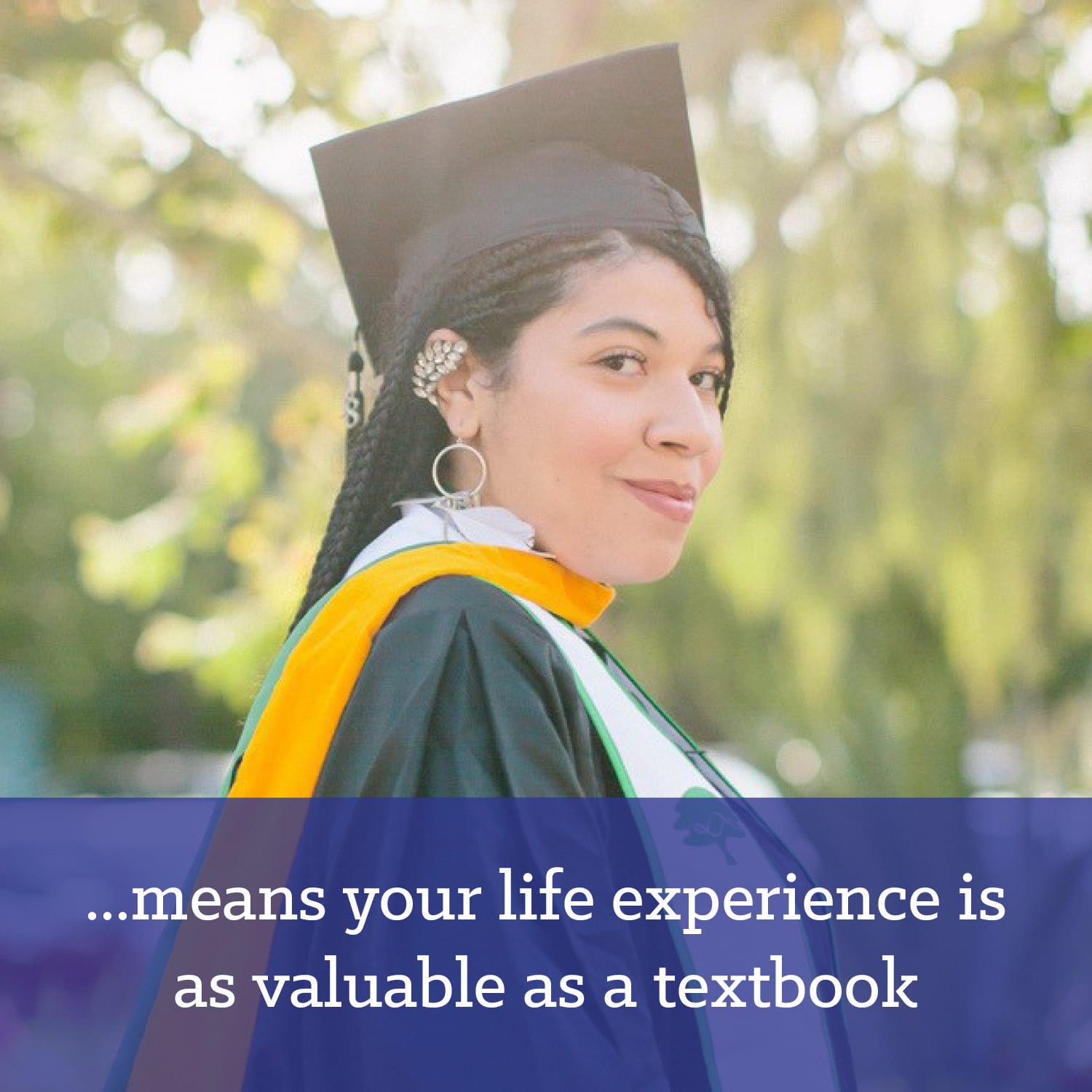
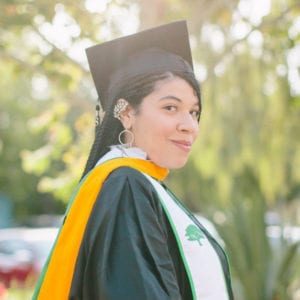
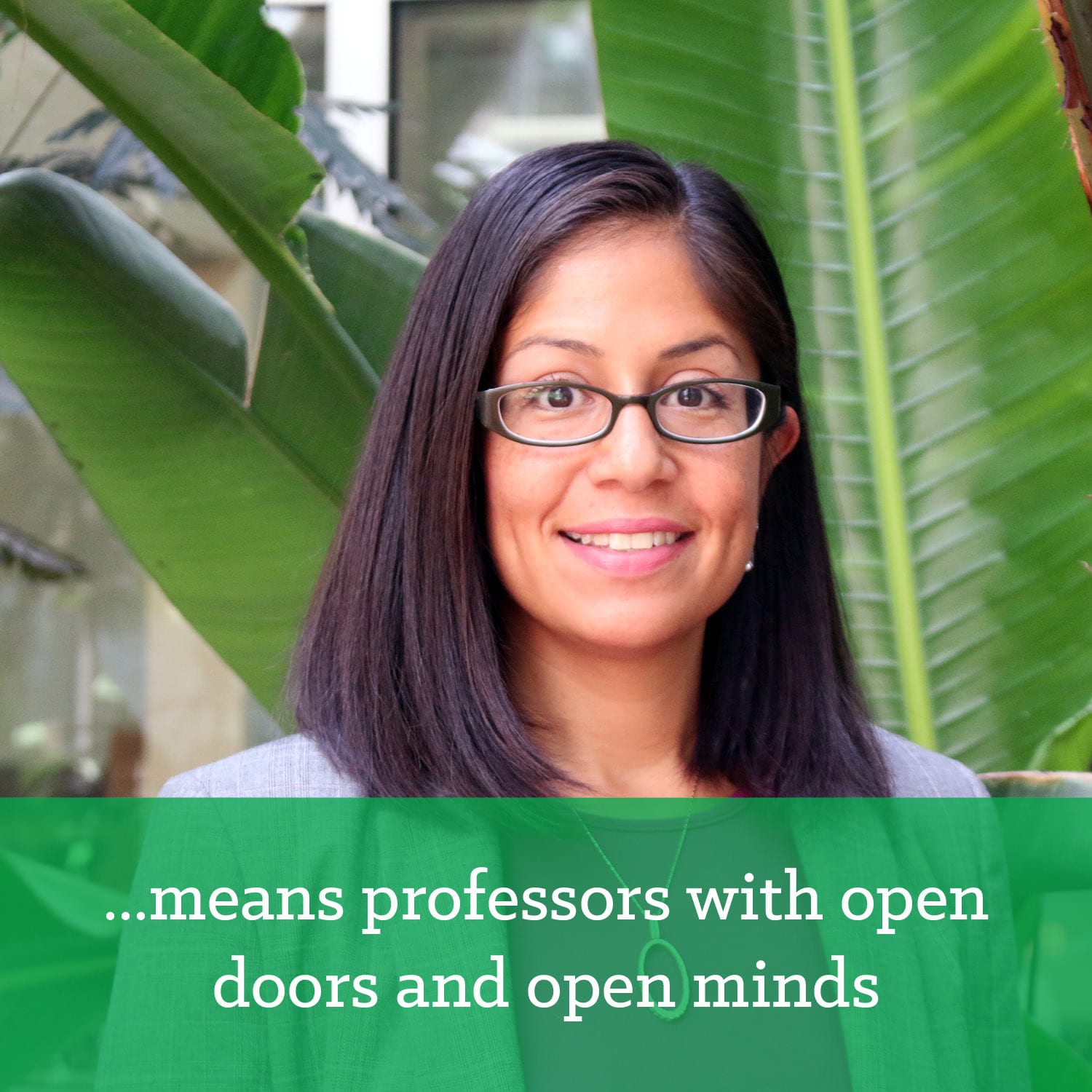
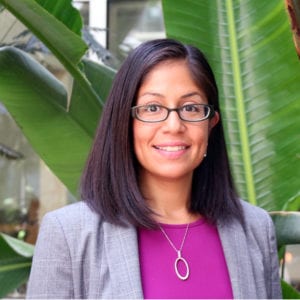
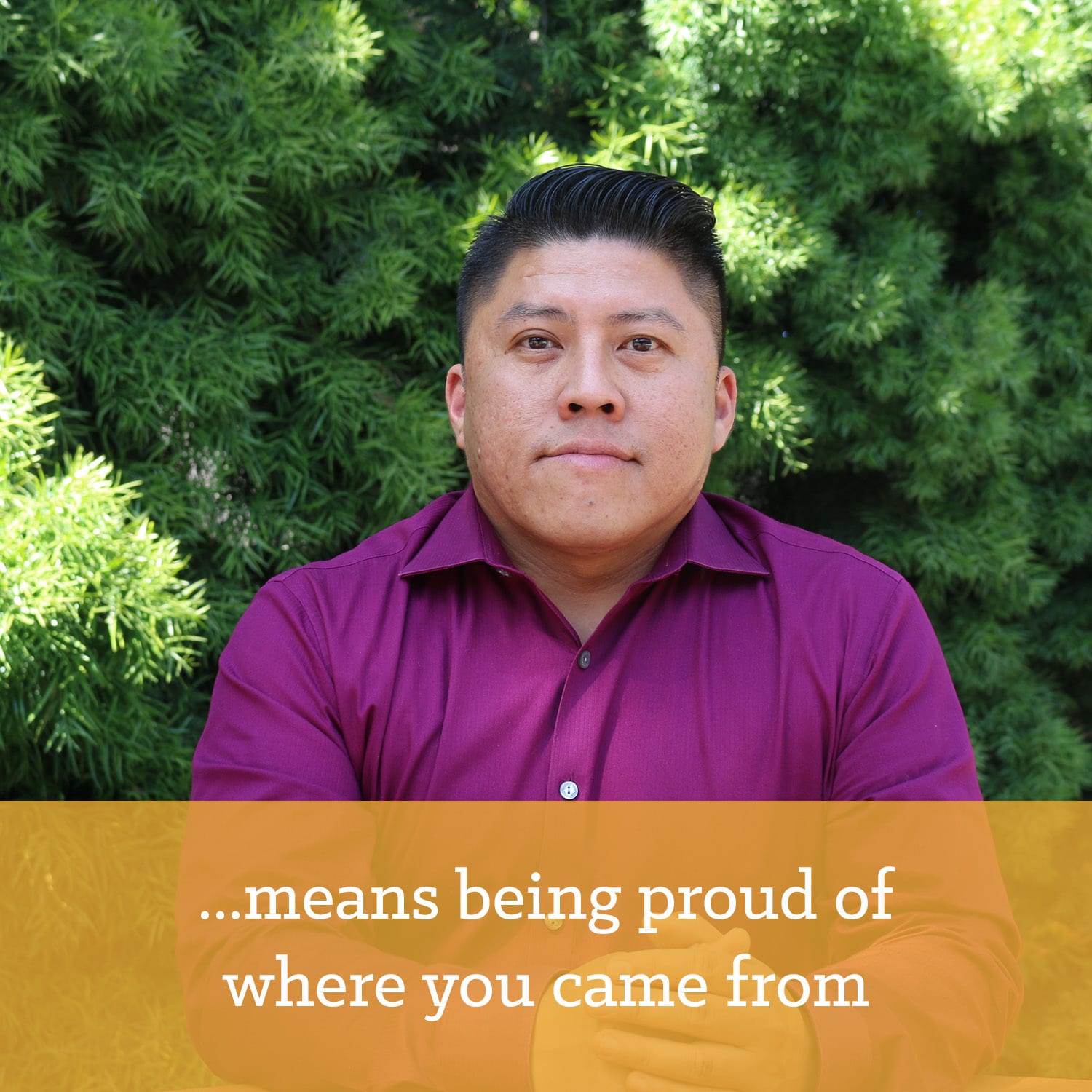
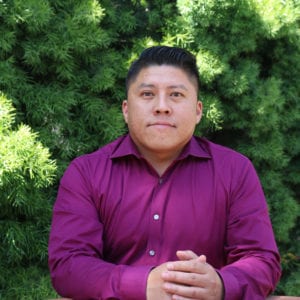
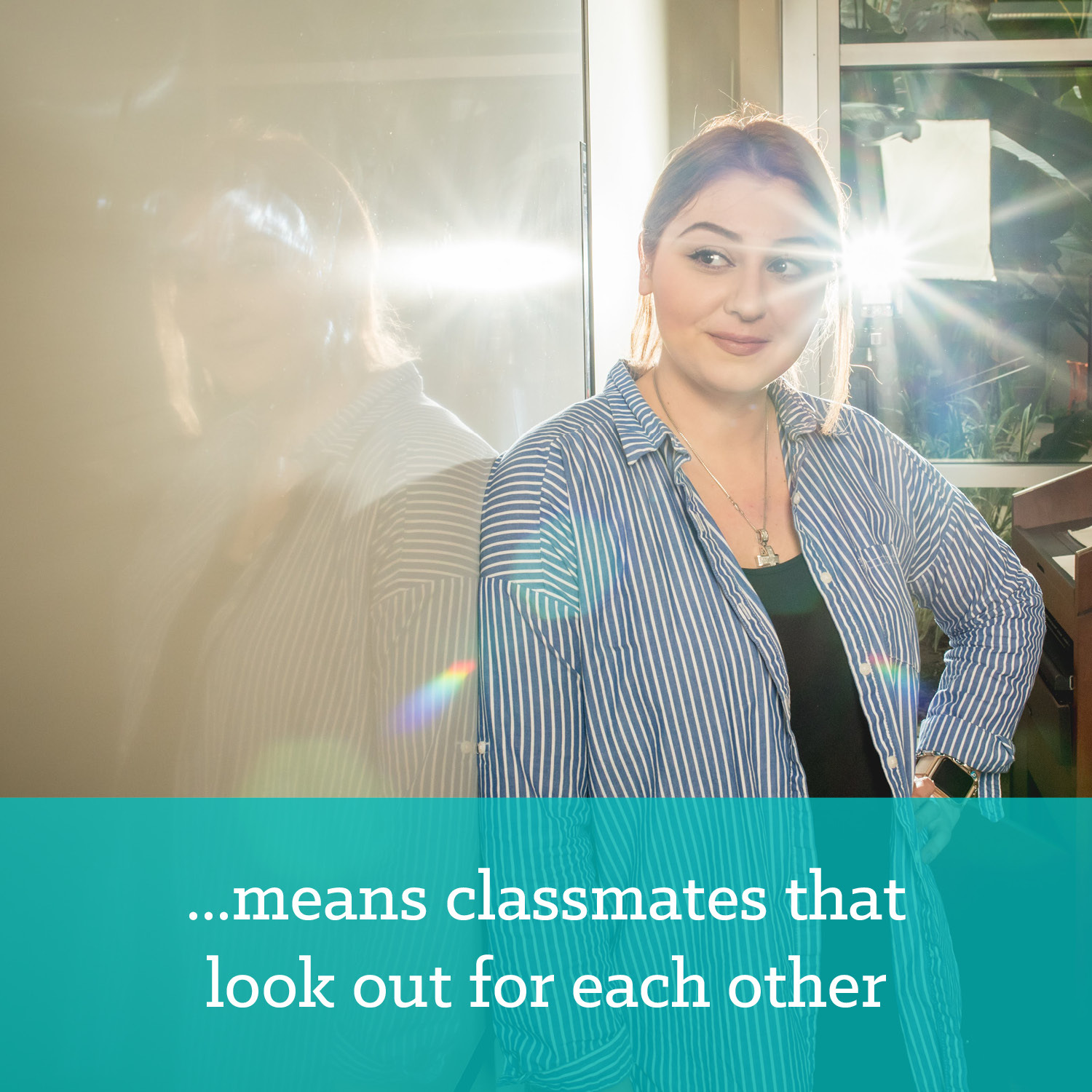
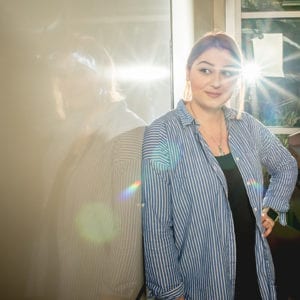
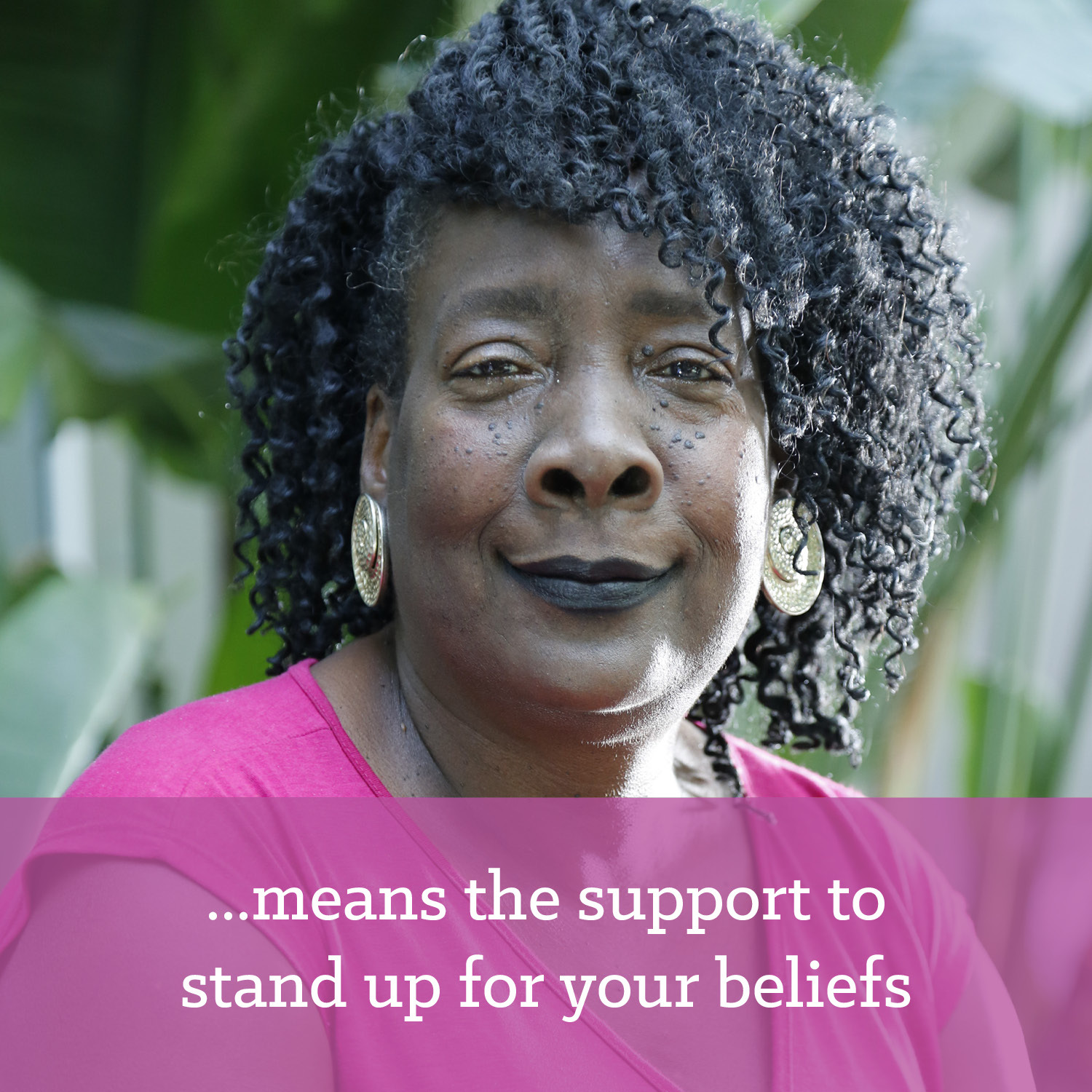
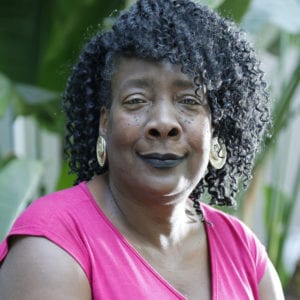
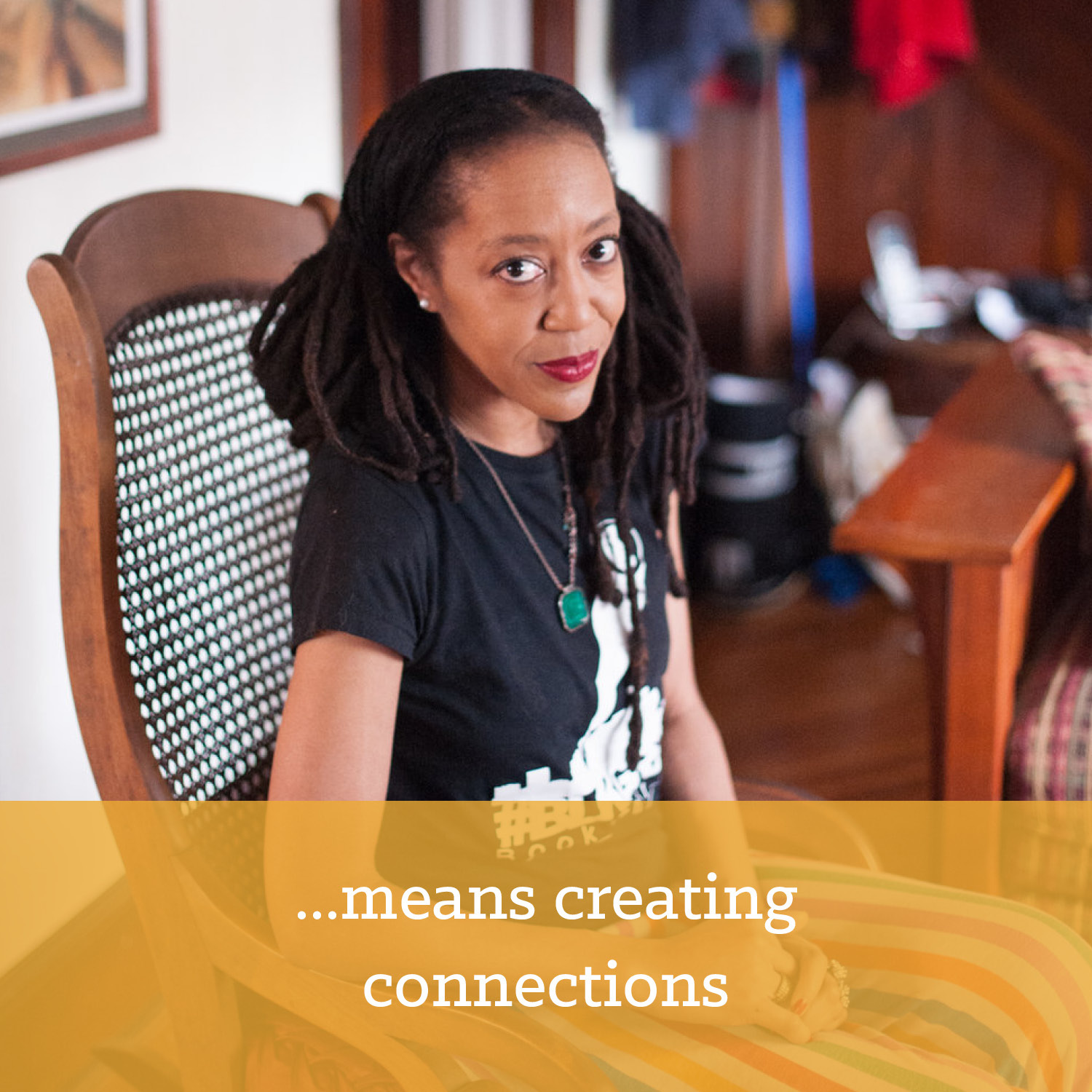
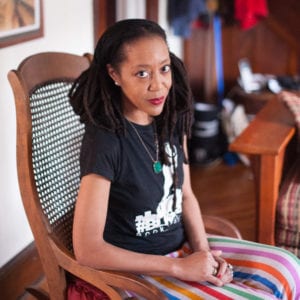
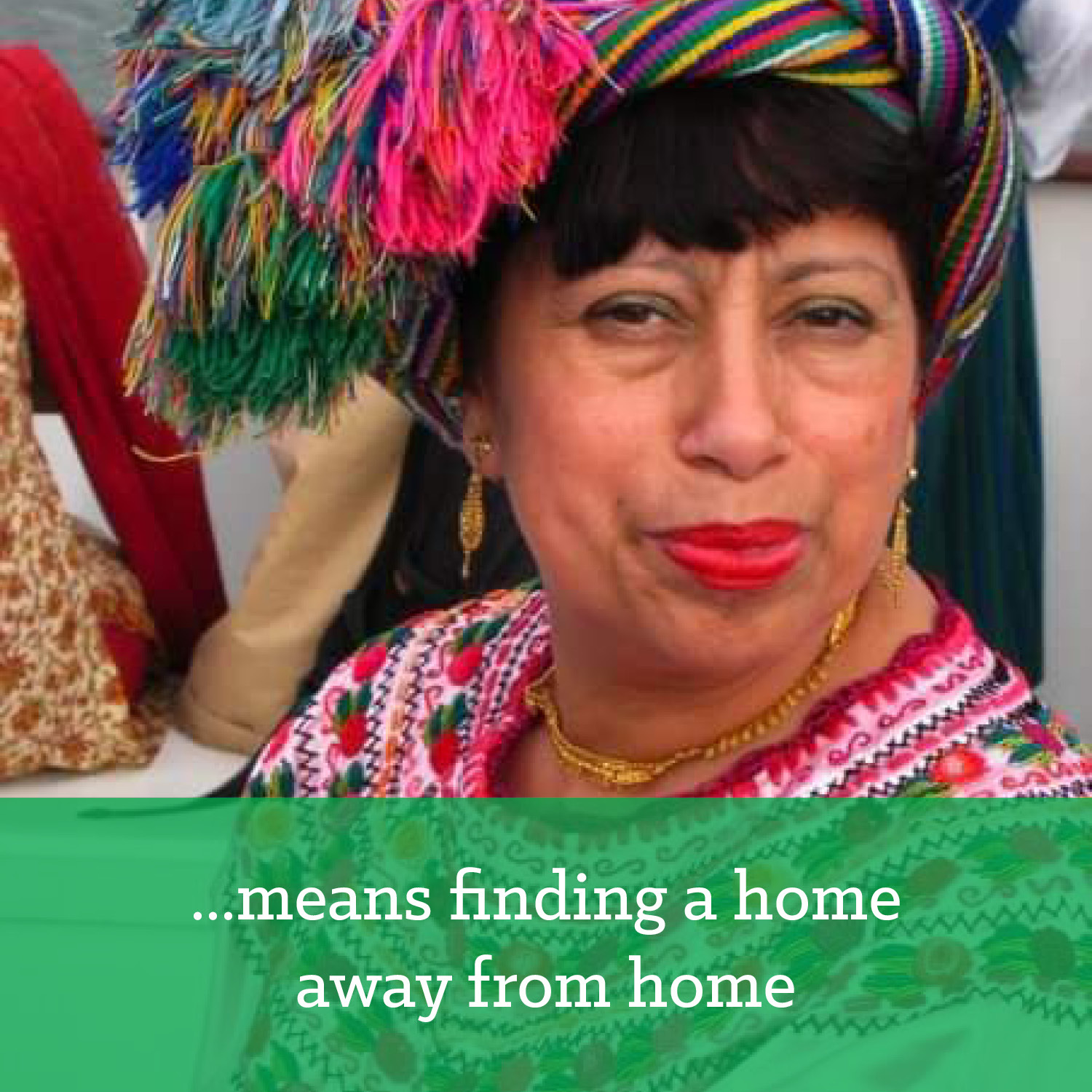
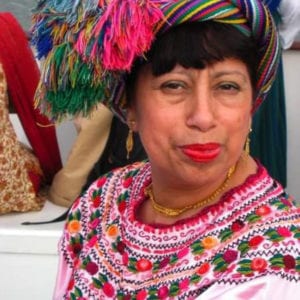
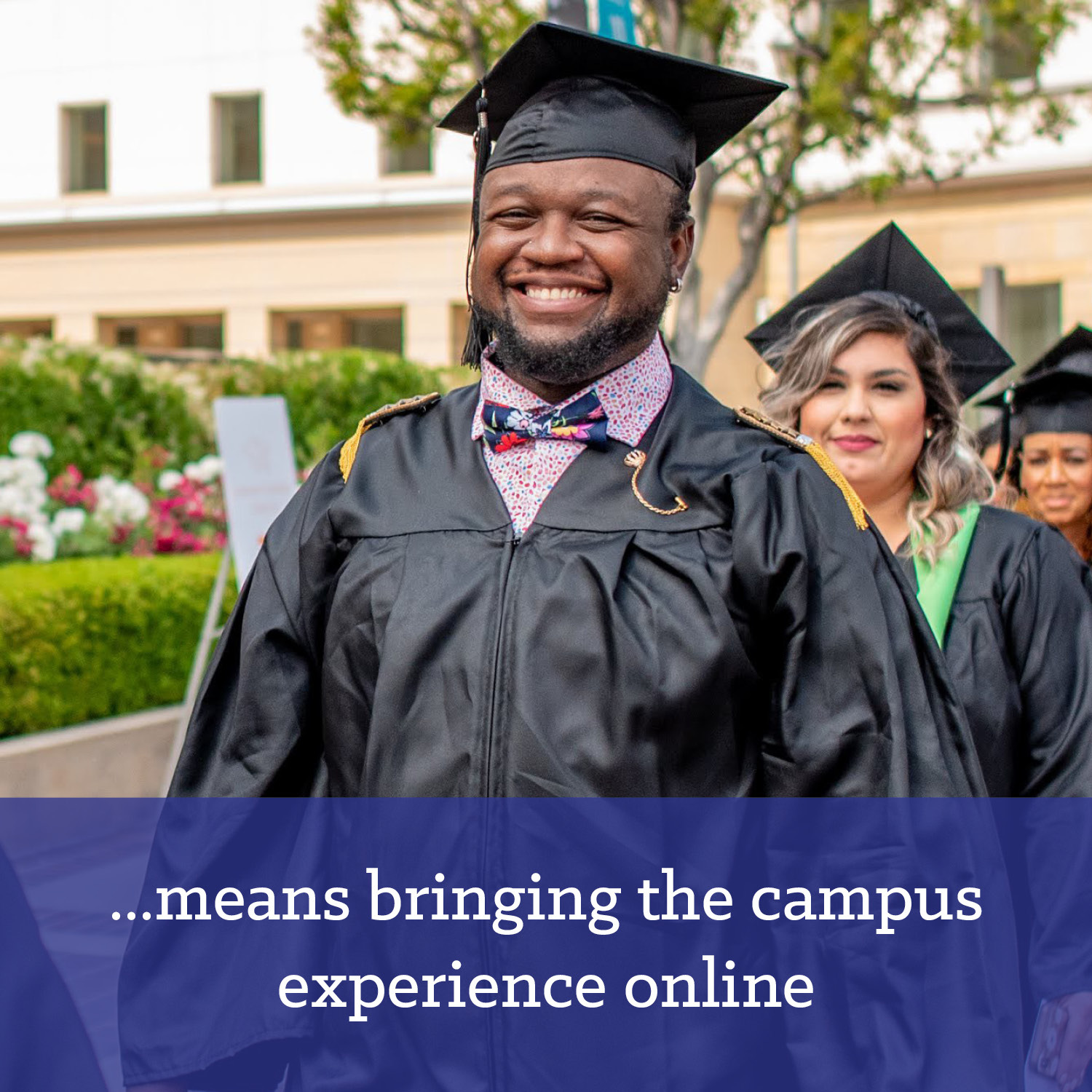
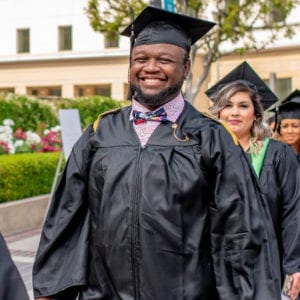 The Power of Community means bringing the campus experience online.
The Power of Community means bringing the campus experience online.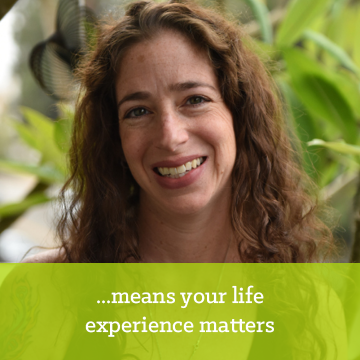
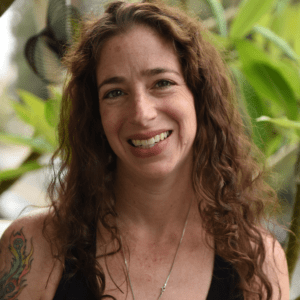
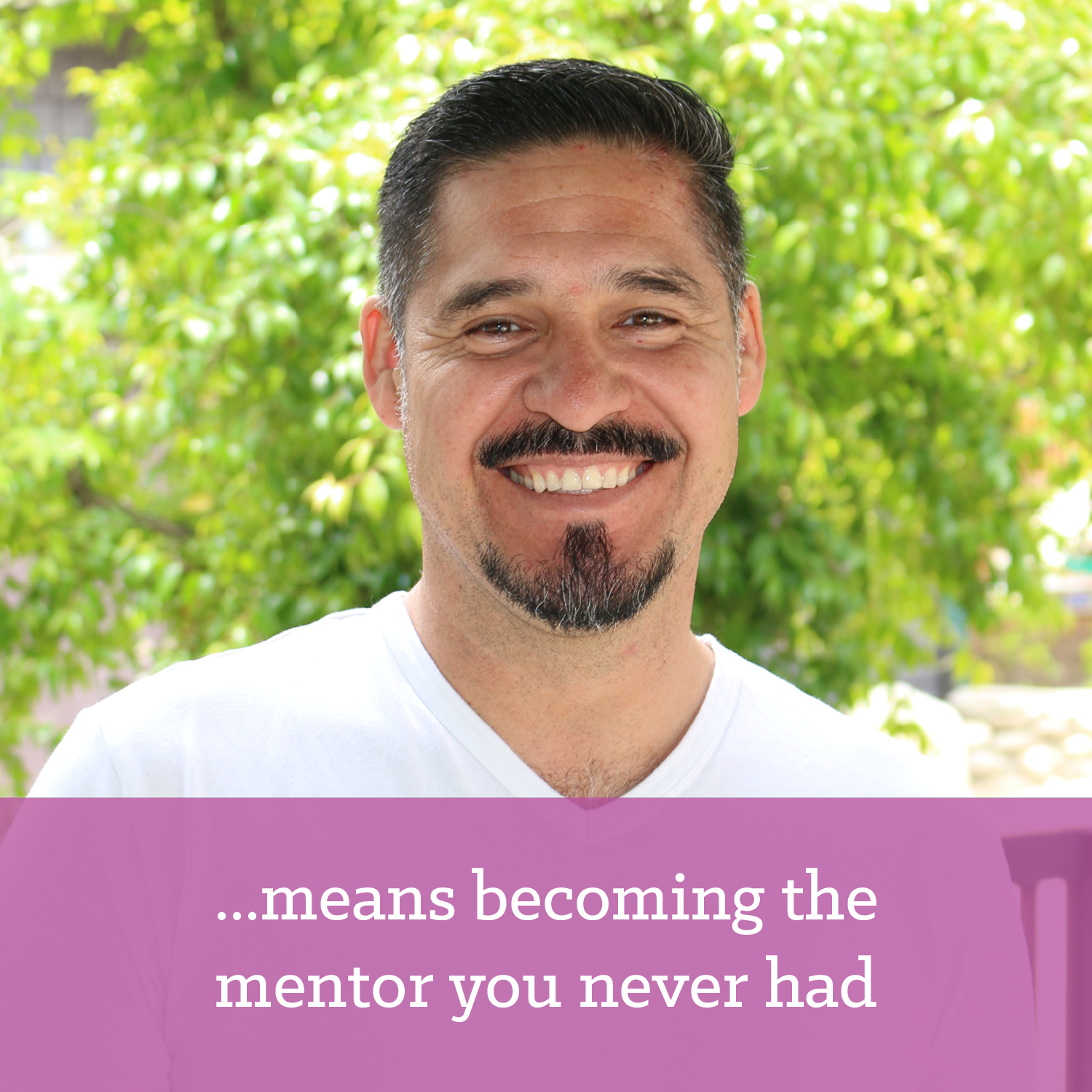
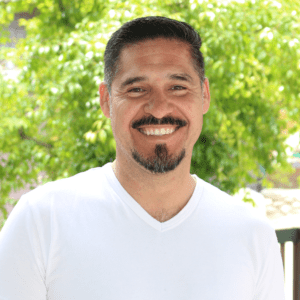
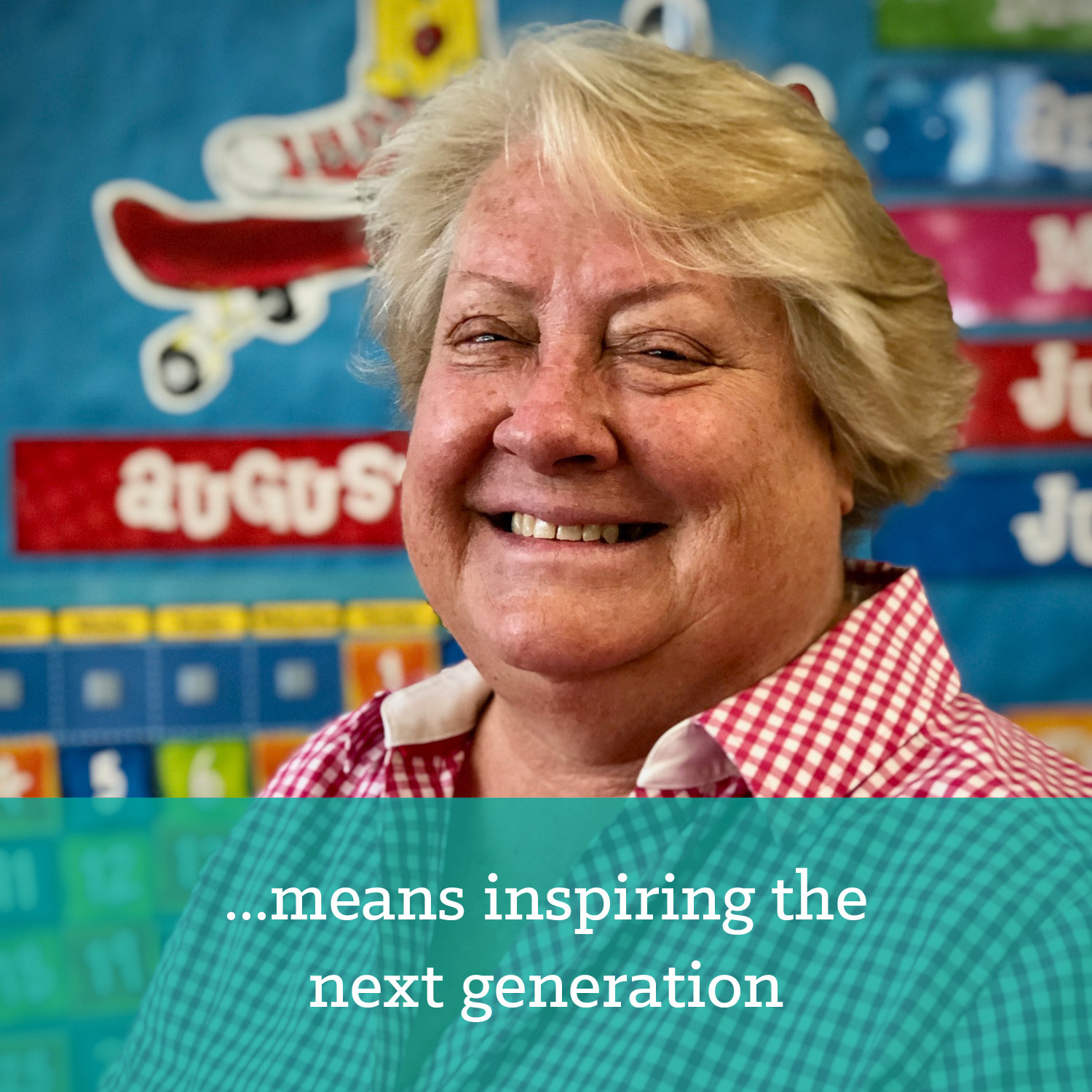
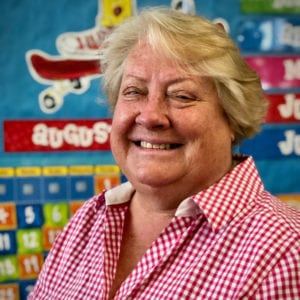
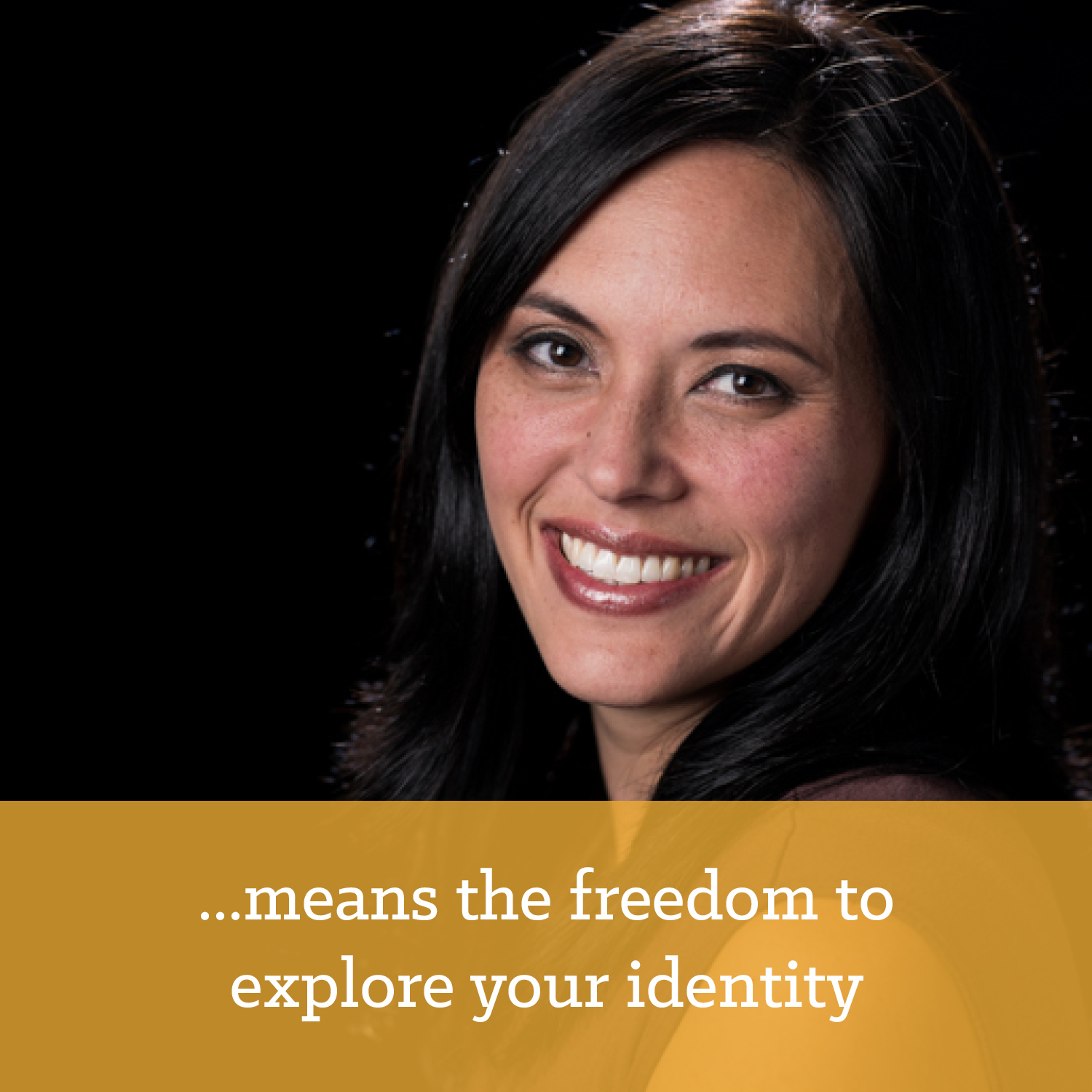
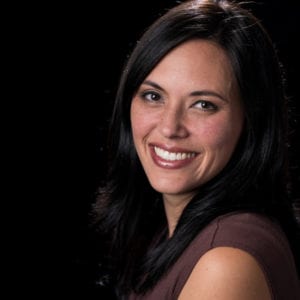
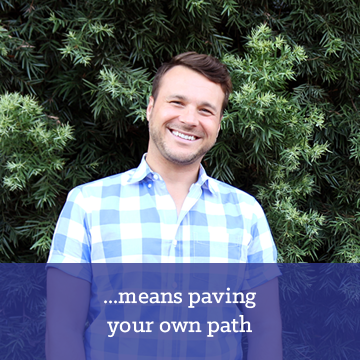
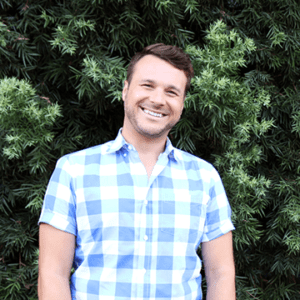
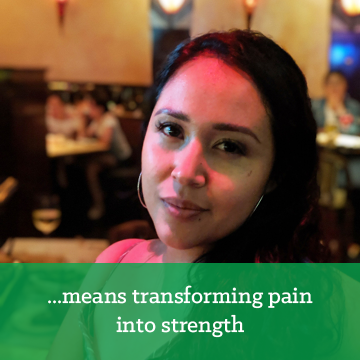
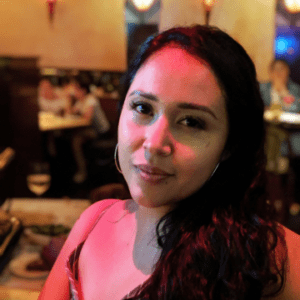
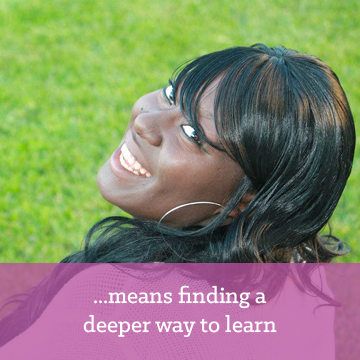
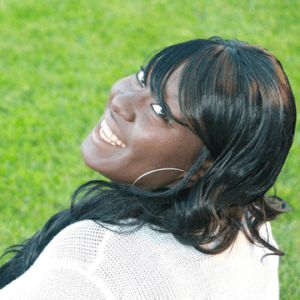
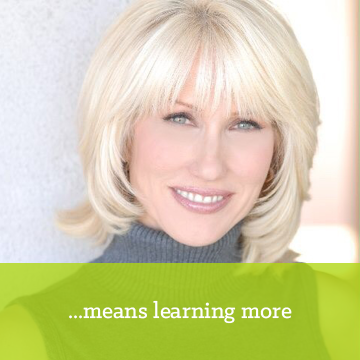

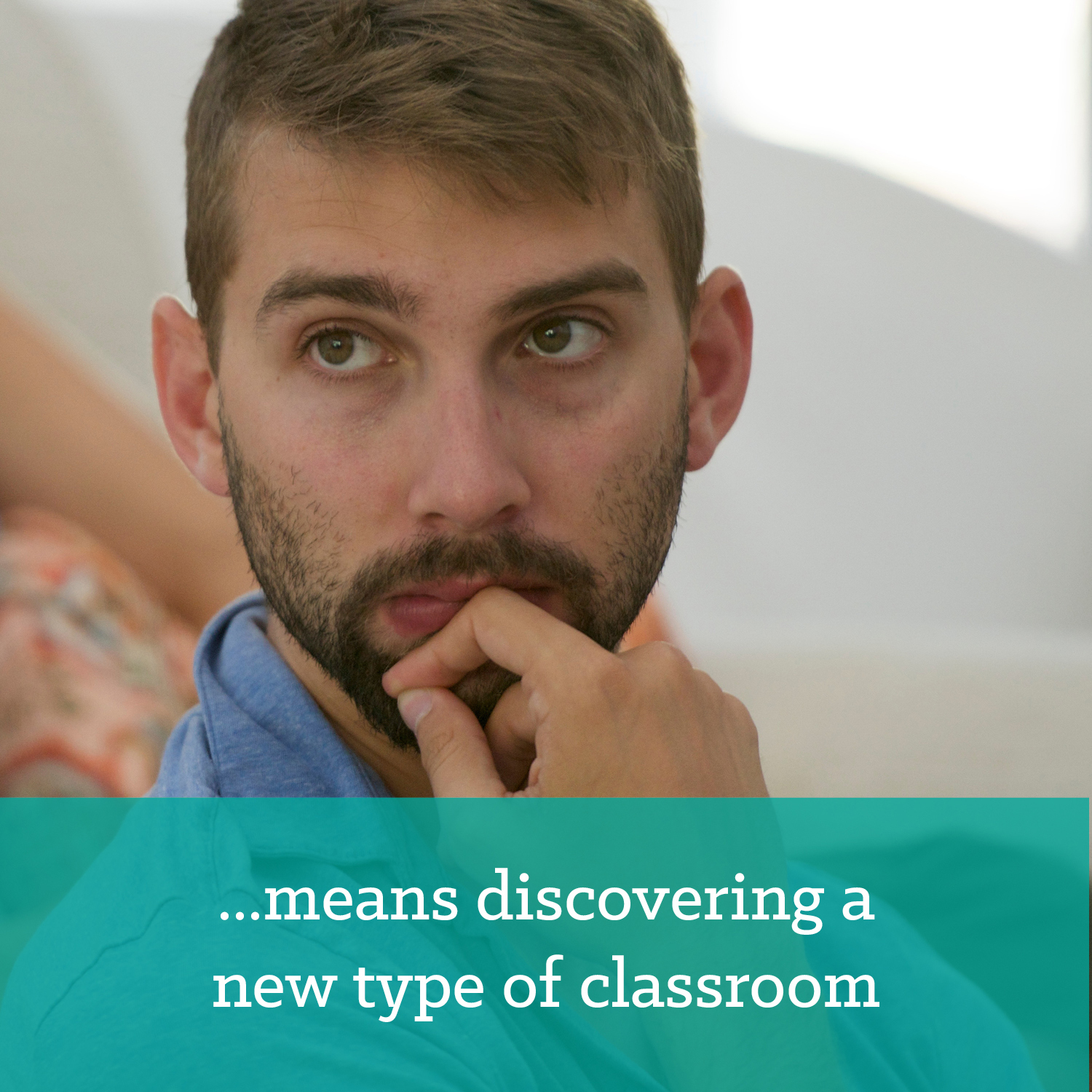
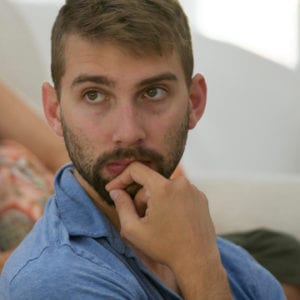 The Power of Community means learning more.
The Power of Community means learning more.